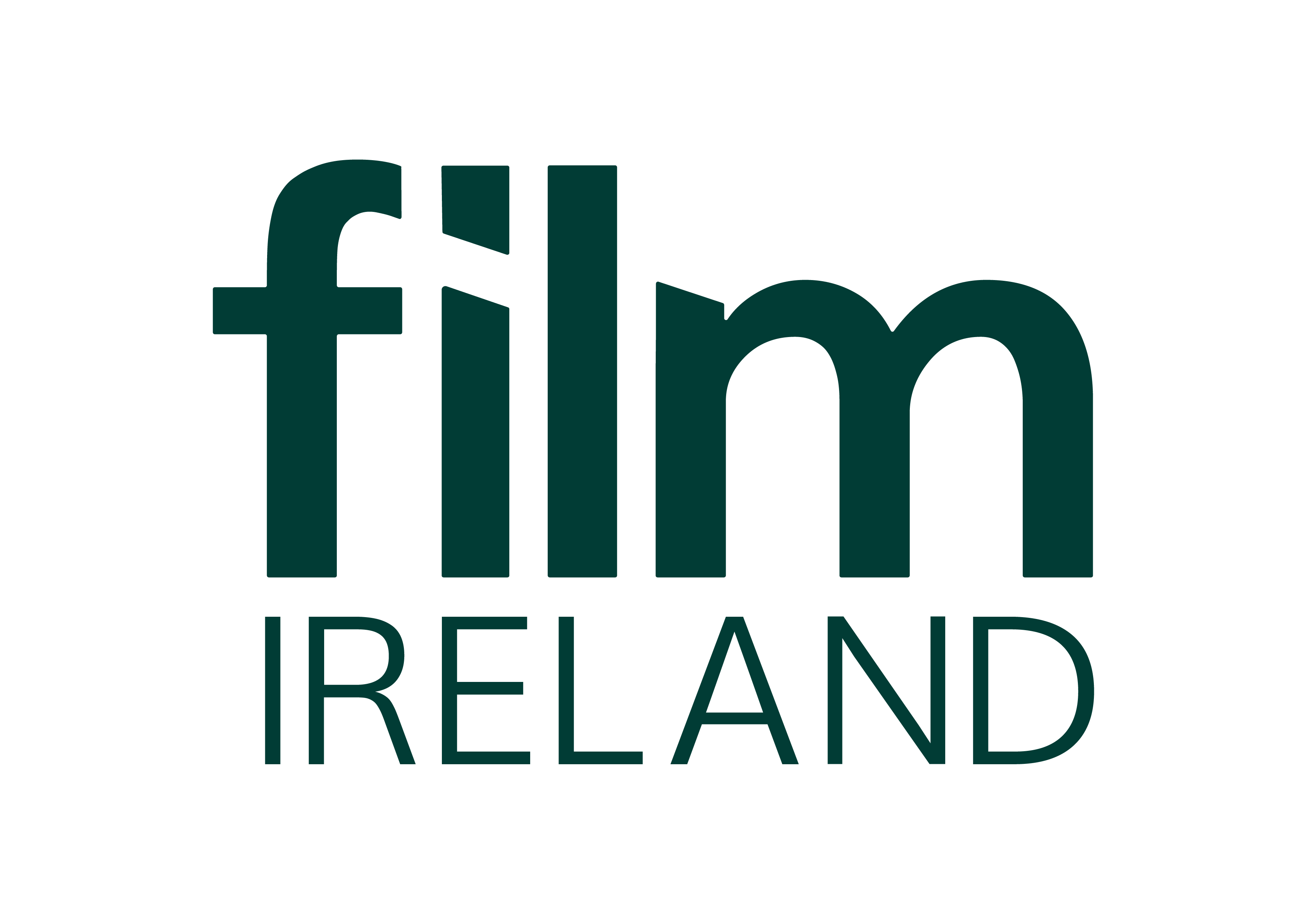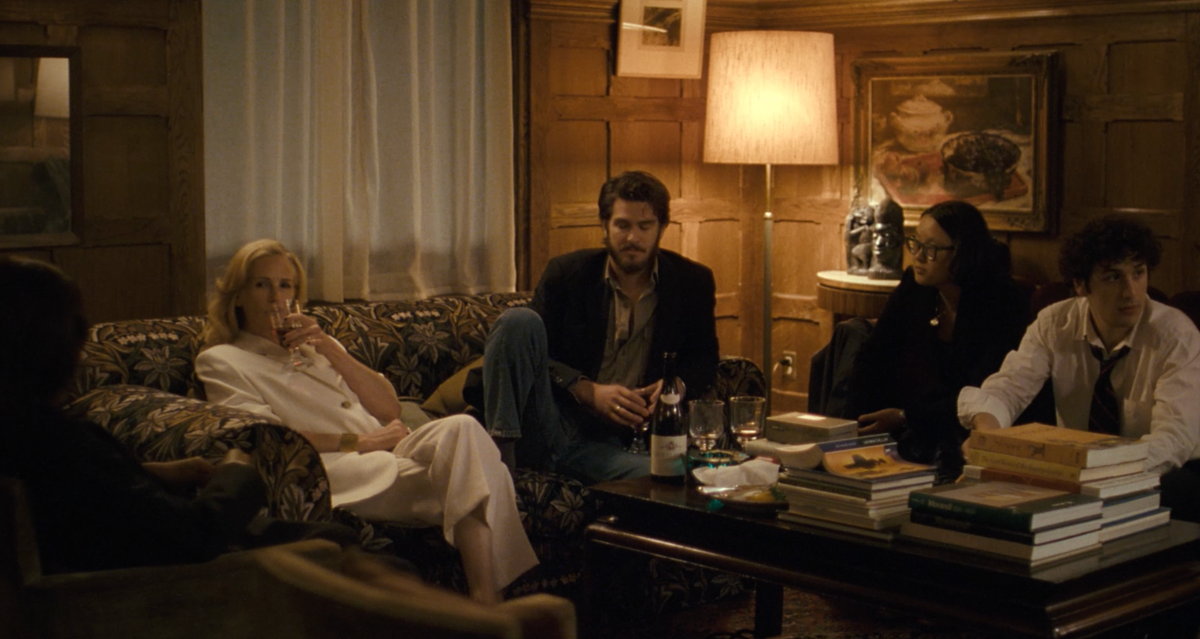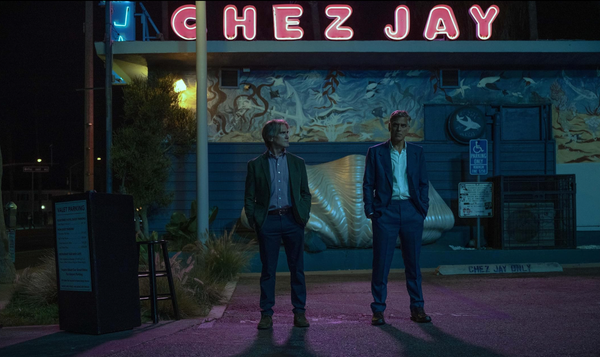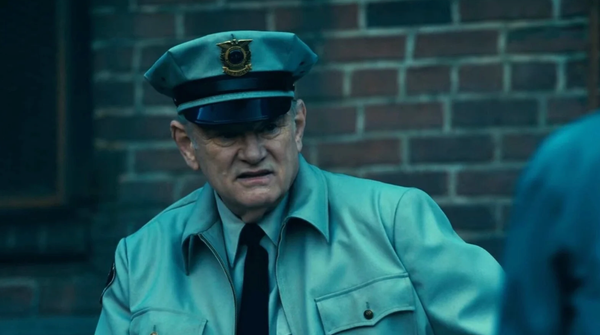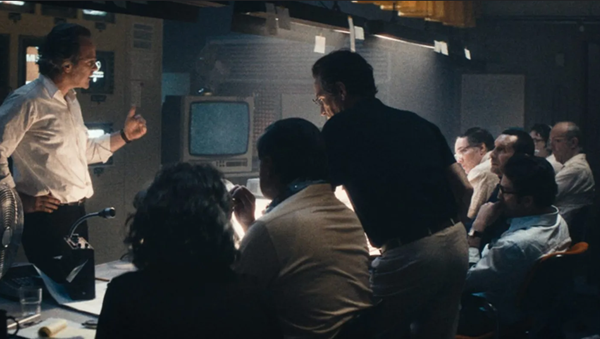On the ground in Venice, Shane McKevitt takes the measure of After the Hunt.
Alma (Julia Roberts), a philosophy professor at Yale University, hosts a gathering at her ritzy Connecticut apartment. Her legs are draped over Henrik "Hank" (Andrew Garfield)’s lap, as the pair engage in a discussion with their graduate students. Alma and Hank are both jockeying for tenure at the university, yet there’s clearly more to their friendship than professional rivalry. Things get awkward when Hank starts grilling Alma’s protégé, Maggie (Ayo Edebiri), on the minutiae of her thesis – perhaps everyone’s just had too much to drink.
The scene is reminiscent of Whit Stillman’s Metropolitan (1990), which eavesdropped on the late-night conversations of a group of wealthy Manhattanites, pulling the curtain back on a peculiar microcosm of upper-class society. Likewise, the events of After the Hunt unfold amidst the inherently exclusionary world of the Ivy League. Where else can you find guests at a dinner party, decades apart in age, engaged in hours-long intellectual dialogue? Then, the film presents a fascinating, disturbing moral dilemma. The night after the party, Maggie accuses Hank of rape, which he vehemently denies, even giving a reason as to why she may not be telling the truth. Alma is forced to contend with who to believe and, in so doing, must face the consequences, both professionally and personally.
The first act is gripping, tense, and layered. Alma walks a tightrope between her mind and her gut, with the script planting enough seeds of doubt to keep us guessing alongside her. Alma’s relationship with Hank makes her an inherently biased participant, and she knows it. Andrew Garfield’s performance is Oscar-worthy, perhaps the best I’ve seen him. He somehow makes us revile Hank, while also leaving a crack in the door for sympathy; what if he’s telling the truth? It’s hardly a coincidence that the film loses focus when he’s not onscreen. Otherwise, it’s difficult to pinpoint a particular moment where the film takes a wrong turn; it simply runs out of steam. The pacing slows, scenes stretch on too long, and the once-interesting intellectual discussions grow stale. We’re positioned for a solid 100-minute thriller, which is then expanded to 140. The setup is ripe for moral and ethical examination of power dynamics and the insular environment of academia. The film broaches all of them, but the weight of these concepts is diminished by a lack of focus in its latter half.
The film is at its best when it’s focusing squarely on the three leads, their central conflict, and the fascinating dynamic therein. It later shifts focus toward conversations between Alma and her husband (Michael Stuhlbarg), her colleague Kim (Chloë Sevigny), as well as Maggie and her partner (Lío Mehiel). This detracts from the pacing and blurs the narrative throughline; the conclusion doesn’t land the way it should. After the Hunt fizzles out by the end, in spite of its promising start.
After the Hunt premiered at the 82nd Venice International Film Festival on 29th August 2025.
